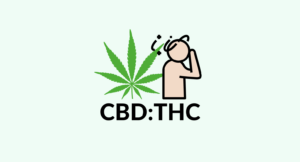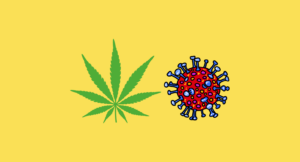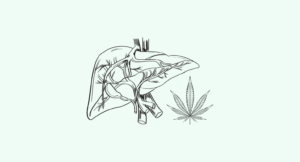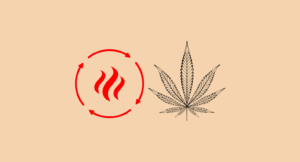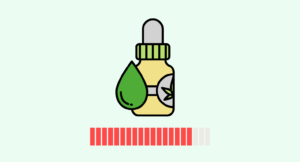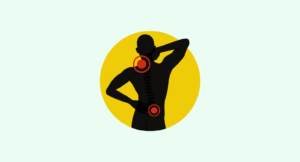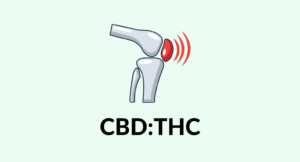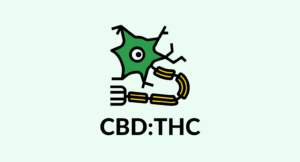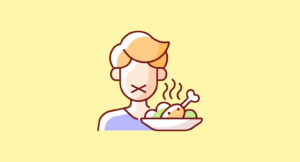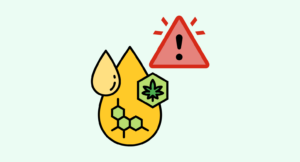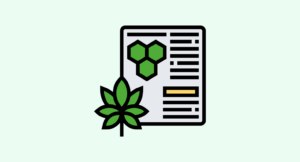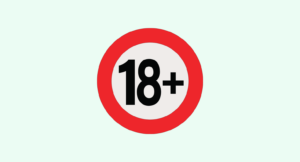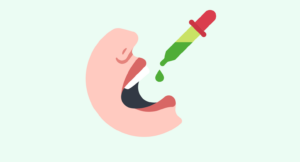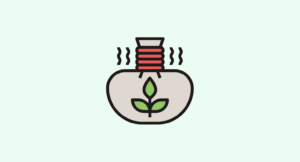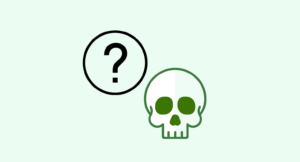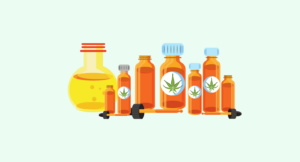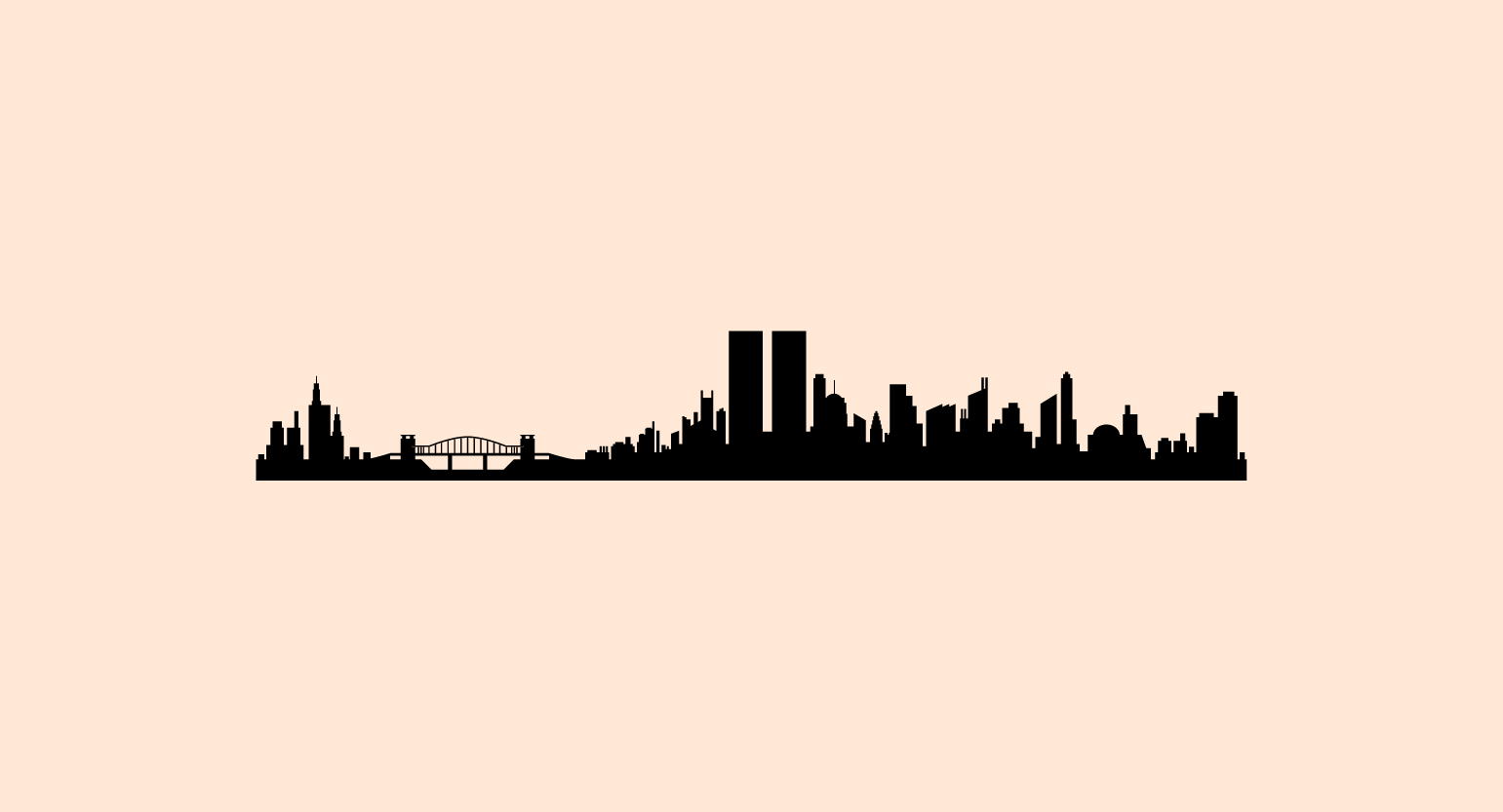
Is CBD legal in the Bronx, NY?
The Bronx is one of the most densely populated boroughs in New York and the birthplace of rap and hip hop culture.
Here, we’ll discuss the legal status of CBD, delta 8 THC, and marijuana in the Bronx and offer some advice on where to find these products near you.
Is CBD Legal in the Bronx?
Yes, CBD is fully legal in the Bronx and throughout the state of New York.
Cannabidiol (CBD) comes from hemp, federally legal since Congress passed the Farm Bill in 2018.
However, the state of New York had already legalized medical marijuana through the Compassionate Care Act of 2014.
Finally, in March 2021, the Senate passed the Marijuana Regulation & Taxation Act (MRTA), which allows for the legal use of recreational marijuana for adults 21 and older.
Top-Rated CBD Vendors That Deliver to The Bronx
- Royal CBD — Best CBD Brand Overall
- Gold Bee — Best Organic CBD Oil
- Kiara Naturals — Runner-Up, Best Organic
- Industrial Hemp Farms — Best CBD Hemp Flower
- CBDistillery — Wide Product Range
Is Marijuana Legal in the Bronx?
Marijuana is legal in NY for medical purposes and recreational use by adults 21 or older.
It is only legal to buy it in dispensaries, and you can carry up to 3 ounces of flower or 24 grams of concentrate.
As for medical cannabis, the maximum amount allowed must not exceed enough for 60 days of treatment.
Several conditions make you eligible to apply for a medical marijuana card. The only requirements are that your primary care physician prescribes it as a treatment and a $50 fee to register.
Finally, it’s not legal yet for patients or caregivers to grow their own marijuana.
How Much Does Weed Cost in the Bronx?
In dispensaries, the cost per gram of medical marijuana is $6.00 for low quality, and high quality costs $15.00. On the other hand, medical marijuana is around $11.
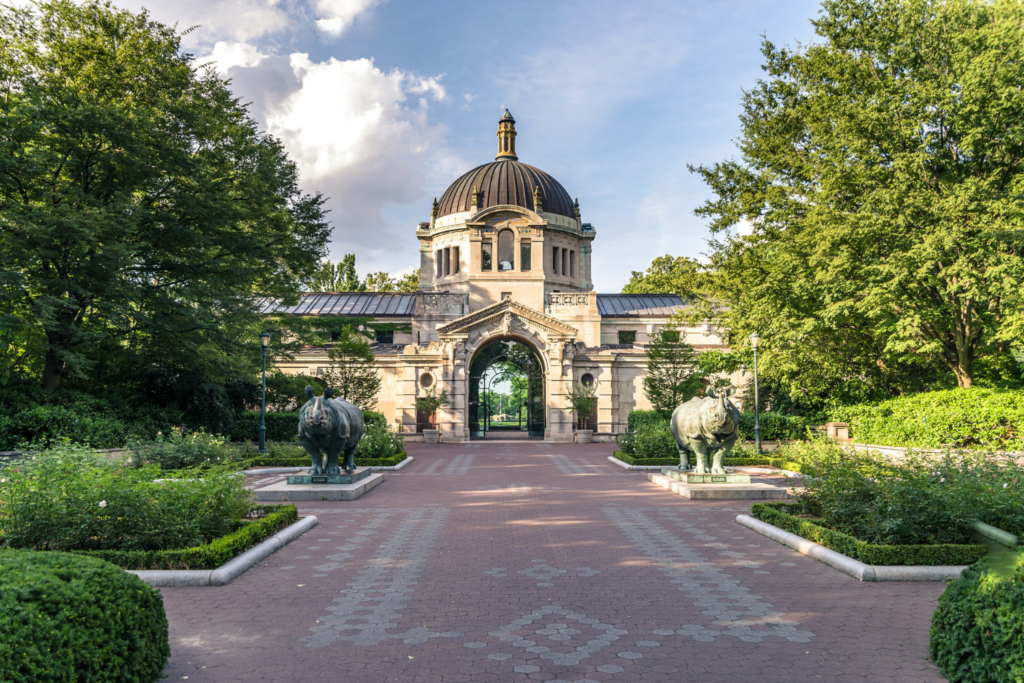
Is Delta 8 THC Legal in the Bronx?
Unfortunately, Delta 8 THC is illegal in New York as of May 2021.
According to NY law, its extraction method makes it an illegal substance. This is because its concentration in the plant is not sufficient to extract it directly, and it’s commonly obtained through a process called CBD isomerization instead.
It’s important to note that there’s nothing inherently “unsafe” about this process. However, if done incorrectly using impure or harsh solvents that haven’t been removed properly prior to bottling, these products could be dangerous. This is more of an issue with poor manufacturing than it is with the process of isomerization itself.
Where to buy CBD in the Bronx
Residents will have to be patient as lawmakers are still working to regulate this new market, establishing regulations around recreational cannabis.
Many retailers relocated their operations since the Department of Health banned delta 8 THC. This is the case of Empire CBD owner Yardley Burgess, who closed his six New York locations to not compete with the new regulations.
Surprisingly, we could only find one dispensary in the district: Verilife, located at 405 Hunts Point Avenue. They have a wide variety of products, although they aren’t selling for recreational use yet. If you become a new Verilife patient, you receive 15% off your first purchase.
Lastly, Verilife has a rewards system, including cashback when you accumulate a certain amount of purchases. They also deliver free to your home, and you can pay them through CanPay.
Also see: Where to Buy CBD & Delta 8 in Brooklyn, Queens & Manhattan.
Shop CBD By Category
There are many different types of CBD products available today, ranging from CBD-infused chewing gum to CBD transdermal patches and everything in between.
Here are the most popular and cost-effective sources of CBD to check out:
1. CBD Oils & Tinctures
CBD oils dissolve active cannabinoids, such as CBD, in a carrier oil, commonly a medium-chain triglyceride (MCT) oil. Their high bioavailability, long shelf-life, and cost-effectiveness make them the top choice among users.
2. CBD Vape Pens
CBD vape pens are among the most straightforward options to use. A power source will heat a cartridge inside the device containing a CBD concentrate or e-liquid, generating the vapor.
Vape pens are easy to carry around for use throughout the day. Additionally, they offer the fastest effect onset times among all forms of CBD.
3. CBD Hemp Flower
All other hemp products we know of are made from the hemp flower, which you can vaporize, consume in tinctures, concentrates, or edibles, or roll into a joint. This is the most natural form of CBD, as hemp flowers come directly from the hemp plant.
4. CBD Gummies
CBD gummies are among the most consumed forms of CBD on the market because of their variety, dosage accuracy, and delicious taste. They come in all sizes, colors, and intensities.
These are made by infusing a CBD extract with any kind of gummy base. They are a smart choice for older patients, as you don’t have to count drops or vape hits.
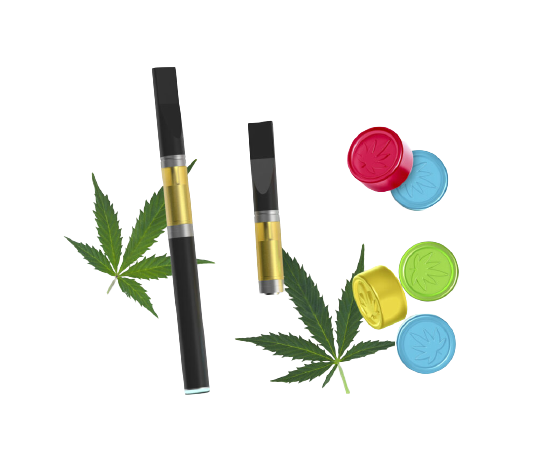
Delta 8 THC vs. Delta 9 THC: What’s The Difference?
Everyone knows that THC (tetrahydrocannabinol) is the active substance in marijuana: the one that makes you high. But in this section, we will show you that there is more than one type of THC.
The well-known version is the delta 9 THC isomer, accounting for approximately 99% of the THC content in marijuana and hemp plants. The remaining 1% consists of a different compound, known as delta 8 THC.
Although both molecules are psychoactive, they have very different properties.
Delta 8 THC in low doses is a great ally to relieve anxiety, calm nervous tension and fight insomnia. But in higher doses, it is slightly psychoactive and narcotic, although not as much as delta 9 THC.
Compared to delta 8, delta 9 THC is much more stimulating, so it is a good choice for daytime use, but it is not recommended for people with anxiety as they could feel overly stimulated.
People who find regular THC products too anxiety-provoking may benefit from delta 8 for its more relaxing effect.
Hemp vs. Marijuana
Hemp and marijuana are members of the same plant species: Cannabis sativa.
However, from a regulatory perspective, the difference in how they express their genes despite having the same DNA is the key to deciding whether they are legal or not.
Hemp plants do not express the genes involved in THC production, so the amount of THC they contain is negligible. Therefore, the law considers hemp any Cannabis sativa plant that produces 0.3% THC by dry weight or less.
Therefore, the law considers marijuana to be any Cannabis sativa or Cannabis indica plant that produces more than the legal threshold of 0.3% THC
Some other differences between hemp and weed include:
- Hemp has high fiber content. As a result, the textile industry uses it as a raw material.
- Hemp produces higher concentrations of CBD than marijuana.
- Hemp is more robust and tends to grow more than marijuana.
- Marijuana is psychoactive, but hemp is not.
- Marijuana needs optimal conditions and constant care, but hemp grows in almost any environment.
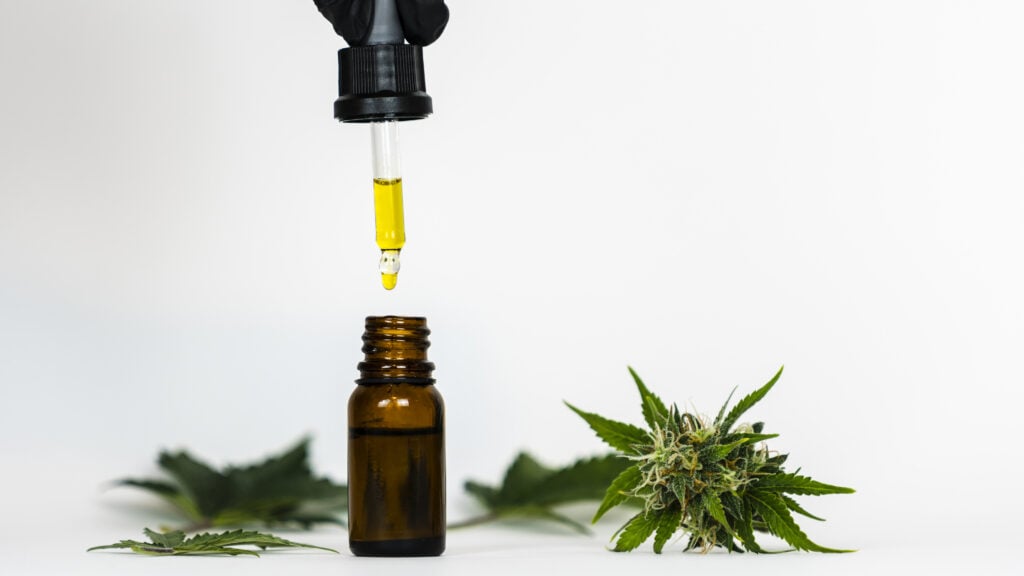
Conclusion: Is CBD Legal in the Bronx?
Although CBD is legal in the state, the law is so recent that it has not yet allowed the market in the area to develop. It’s unclear when shops will sell recreational marijuana legally and which districts will object to it, although they have a maximum of nine months to do so.
Bear in mind that the FDA does not approve CBD-based edibles, and, in this state, the delta 8 isomer is banned.
